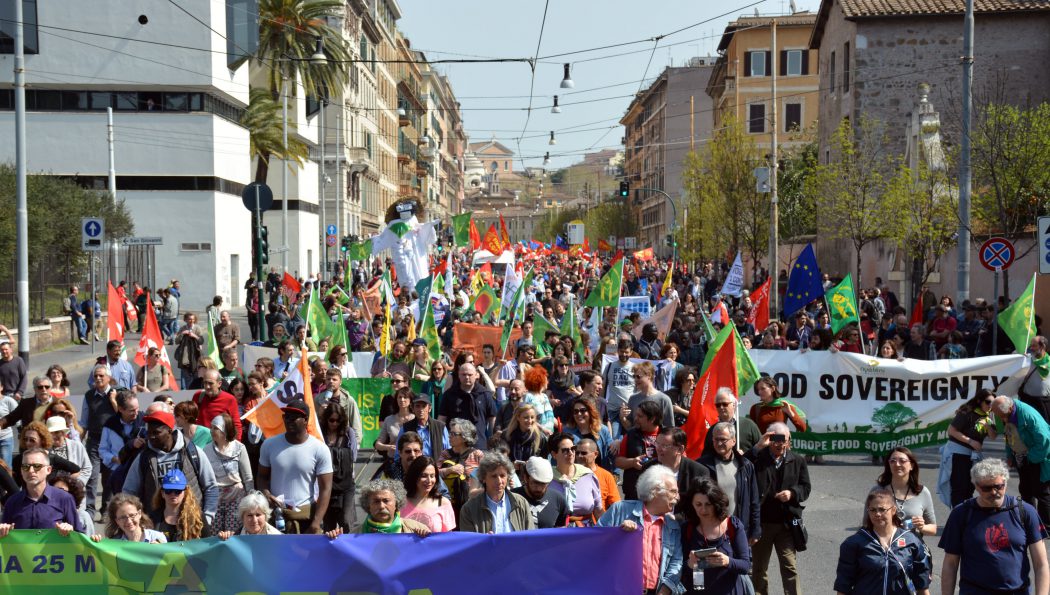Final reflections: on democratic social movements, civil society and enlightened trust
Content
- Glossary
- What does ‘enlightened trust’ mean?
- What are the characteristics of democratic social movements?
- What are the interrelations between democratic social movements, civil society and enlightened trust towards the institutions?
- Example of collaboration between democratic social movements and other societal actors
- Recommendations
- To wrap up
- Take the quiz!
- Materials and resources
Expected learning outcomes
- To explain what ‘enlightened trust’ means.
- To explain the characteristics of democratic social movements.
- To explain the relations between democratic social movements, governmental institutions and NGOs.
- To reflect on the interrelations between democratic social movements, civil society and enlightened trust towards institutions.
What does ‘enlightened trust’ mean?
The concept of ‘enlightened trust’ comes from the conception that trust and distrust are not two opposite poles of the same scale, but two parallel concepts which can have different causes and can coexist. In that sense, the opposite of trust would not be distrust, and vice versa, but their absence, which could be the indication of apathy, disinterest, or even a sense of lack of agency. Therefore, trust and distrust can coexist in the judgement of a specific issue: for instance, someone might trust a politician’s intentions, but not their abilities (and vice versa). Furthermore, excessive doses of trust or distrust can be unhealthy for the relations between citizens and institutions: too much institutional trust can pose a danger of a lack of accountability, and even allow the growth of authoritarian tendencies, while too much institutional distrust can lead to disengagement. ‘Enlightened trust’, therefore, is a normative concept indicating a ‘healthy mix’ of trust and distrust to enhance the accountability of political institutions, and to promote their change and adaptation to the evolving needs of citizens.
What are the characteristics of democratic social movements?
In the panorama of relations between institutions and citizens, an important place is occupied by democratic social movements —those that nurture inclusiveness, and cherish democratic values of non-discrimination and equality. Democratic social movements gather citizens who have a common set of goals or values. The membership is traditionally inclusive, based on the sharing of common goals/values, but further criteria could apply. The structure of democratic social movements is normally decentralised: in the case of large, national movements, normally there is a distinction between the national structure (the core group) and the movements’ local groups, which enjoy autonomy in their activities. Another functional internal distinction can be of thematic groups gathering activists from different local groups. Participation in the core group can be based on merit, expertise or representation of the local groups, and can evolve over time. Individual members have the agency to make proposals: in smaller movements or local groups, decisions are taken in plenary sessions, while for bigger movements, they can be decided at the level of the core group. Often, the decision-making is based on consensus, which sometimes creates tensions with the possible fast pace of events that require a response from the social movement.

Democratic social movements have a complex relationship with governmental institutions, which can be characterised as ‘instrumental’, meaning aimed at achieving a specific goal. When forms of collaboration happen, it is usually only with local authorities, and it can create internal tensions within the movement. On the other hand, cooperation with NGOs is much more frequent; it is based on shared values and goals, and happens mostly at the local level.
What are the interrelations between democratic social movements, civil society and enlightened trust towards the institutions?
The 2019 European elections saw a general increase in voter turnout: it decreased by a maximum of three percentage points in eight countries, while it increased in all the others, with peaks of more than ten percentage points in nine countries. Despite that, the overall turnout was 50.66%, but in more than half of the Member States, it was below that average (with the lowest in Slovakia, at 22.74%). Furthermore, Eurostat indicates that less than one EU citizen out of two has trust in the European Parliament, the European Commission, or the European Central Bank. The relationship between trust in the institutions and civic engagement is complex, but in general, those who have more trust in the institutions tend to participate more in the traditional forms of citizens’ engagement in political life (typically, the elections). Conversely, those who feel a lack of agency in relation to the institutions tend to be disengaged, apathetic or distrustful towards the political institutions.
In this context, the interrelation between citizens, democratic social movements, civil society organisations and institutions becomes important. In fact, most democratic social movements, while having more distrust than trust in the institutions, show ‘enlightened trust’ in acting for the betterment of the political institutions and their accountability mechanisms. Furthermore, social movements tend to activate those who are distrustful or apathetic towards governmental institutions. Similar ‘enlightened trust’ is also shown by CSOs, which may tend to collaborate more with the institutions than social movements. That way, the relationship between social movements and NGOs can be useful both to activate previously disengaged citizens, as well as to influence institutional policy-making.

Example of collaboration between democratic social movements and other societal actors
A peculiar example of collaboration between democratic social movements and other societal actors can be found in the cooperation between the Polish ecological movement, Polish Smog Alert, and pro-ecology groups in the Polish Catholic church for the campaign ‘God gives life, smog takes it away’, which consisted of poster campaigns in numerous parishes, countrywide. The cooperation with the Polish Catholic Church, which is considered closed-off to the outside, was linked to the activism of Catholic people within the movement, whose personal contacts allowed the establishment of instrumental, yet trust-based and effective local collaborations:
‘But the easiest way was through local activists. (…) They are Catholics; they are active people, and parish priests trust them. So, they can put the table outside the church and collect signatures on anti-smog petitions. One leader on Sundays gives sermons; he literally steps up to the pulpit and gives smog related sermon; the priest allowed him. (…) Such things slowly allow the church to trust us and through that we can reach the groups which we would never have reached in any way, unless we had started to dance to disco polo with Jacek Kurski, then we could have made it […] And why the Catholic church? The answer is prosaic. The Catholic church has a big base of believers, and those believers are not people in the cities. Those are people from smaller towns, villages, those are people who have old furnaces and who are interested in liquidating. So that’s our target group, speaking like a marketing agent. We were looking for a megaphone to communicate with that target group. (…) So, it is a whole social sector which was, and still is, omitted by NGOs, either those climate-oriented ones, or others, for obvious reasons.’
(EnTrust Integrated Report on the Role of Democratic Social Movements, 2023, p. 162)
Recommendations
- To ensure the rule of law and strengthen democratic rights, including the right to protest.
- To instate spaces of dialogue between the institutions, civil society organisations and democratic social movements.
- To encourage cooperation between democratic social movements and NGOs with similar goals/values, while avoiding cooptation that could damage the movements.
To wrap up
- ‘Enlightened trust’ is a normative concept indicating a ‘healthy mix’ of trust and distrust to enhance the accountability of political institutions and to promote their change and adaptation to the evolving needs of the citizens.
- In the concept of enlightened trust, trust and distrust are not opposite poles of the same spectrum, but two parallel concepts which can have different causes, and can coexist.
- Democratic social movements are typically characterised by an inclusive membership, a flat organisation structured around a core group (with different selection criteria) and autonomous local chapters, individual agency and consensual decision-making.
- Citizens who trust the institutions tend to participate more in traditional forms of participation, such as elections.
- Social movements tend to activate distrustful and/or disengaged citizens.
- Social movements rarely tend to collaborate with governmental institutions, and only with ‘instrumental’ goals.
- Cooperation between democratic social movements and NGOs is quite common, and based on shared values/goals.
Project information
Project Type: Collaborative Project
Call: H2020 SC6 GOVERNANCE-01-2019: Trust in Governance
Start: February 2020
Duration: 48 Months
Coordinator: Prof. Dr. Christian Lahusen,
University of Siegen
Grant Agreement No: 870572
EU-funded Project Budget: € 2,978,151.25


